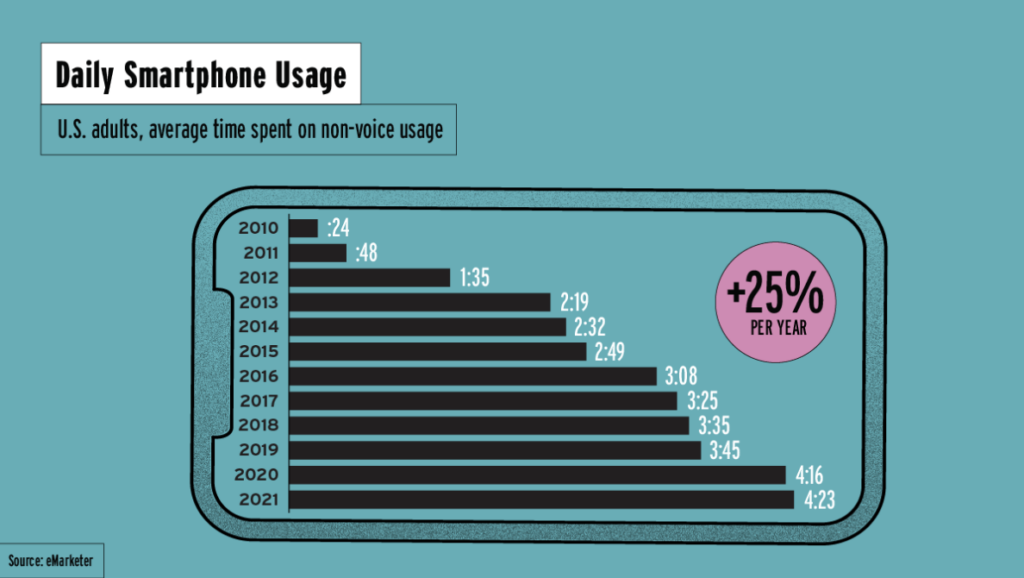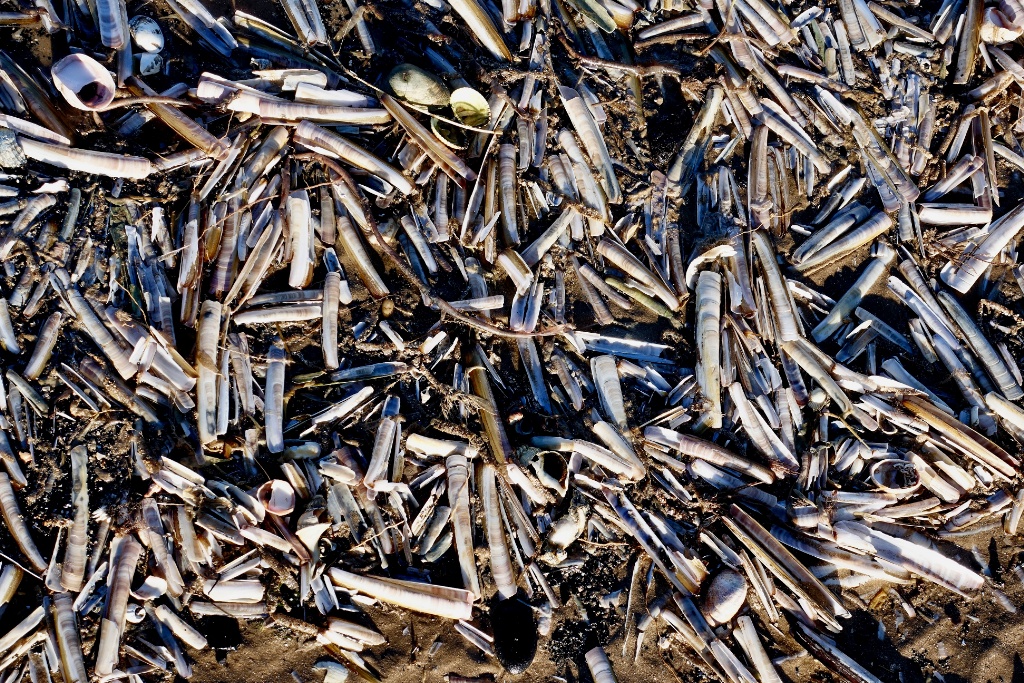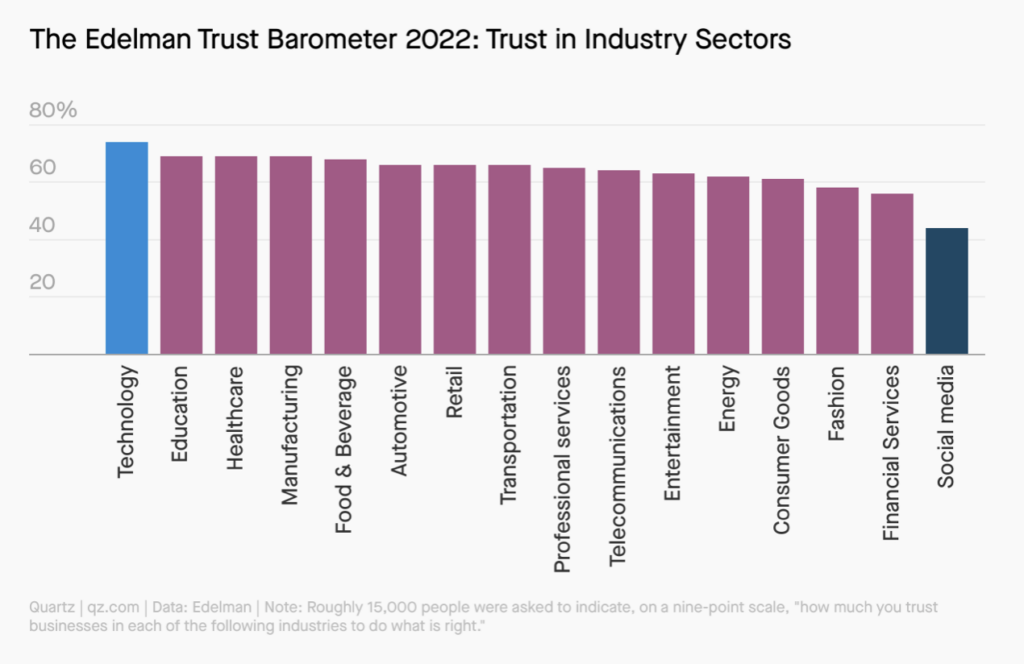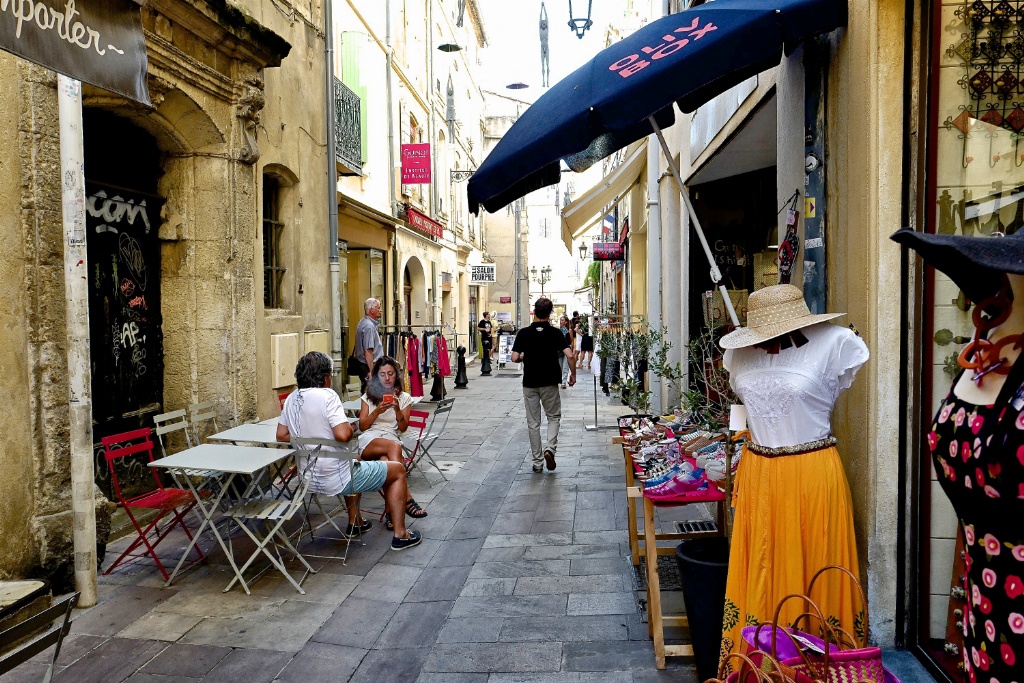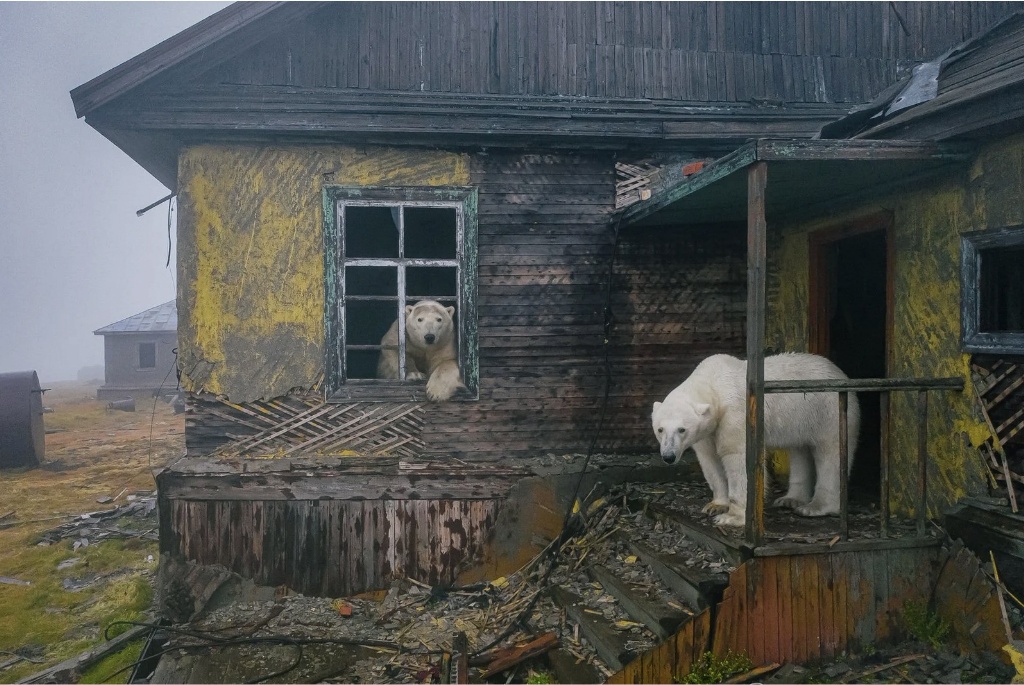Return of our wild geese

Our village’s family of Canada geese have returned to the lake. Here they are the other evening, in the dusk.
Quote of the Day
”Eternity’s a terrible thought. I mean, where’s it going to end?”
- Tom Stoppard, in a line from Rosencrantz and Guildenstern Are Dead.
Musical alternative to the morning’s radio news
Neil Young | Harvest Moon
Given that Neil Young has demanded that his music be removed from Spotify due to vaccine misinformation spread by podcaster Joe Rogan on the streaming service, it seems right to highlight him today out of solidarity. “They can have Rogan or Young. Not both,” he said. Predictably, Spotify chose Rogan. They are, after all, a tech company masquerading as a music company, and they paid Rogan $100m to bring his creepy but popular podcast to their platform.
Long Read of the Day
Intoxicating, insidery and infuriating: everything I learned about Dominic Cummings from his £10-a-month blog
An illuminating essay on Dominic Cummings by David Runciman, who has been reading Cummings’s blog so you don’t have to. This is a useful service to society because Cummings is both very interesting and very obnoxious, and the latter quality repels so many people that they don’t get to understand what an astute, imaginative, flawed and dangerous figure he is. David Runciman has his measure, and in this fascinating piece he lays it out.
Sample:
This is his political superpower: he takes the other side’s ideas seriously, but not the people who hold those ideas. It means he can think dispassionately about what his opponents are doing – even get inside their heads and explore how they will react to what he is doing – while retaining his unshakeable contempt for them. He likes to conduct thought experiments in which he imagines how the idiots might do their version of politics better if they weren’t such idiots. It’s what won him Brexit. When remainers wailed about his tactics, traduced his character and told him he was playing with fire, he just shrugged. He ignored the commentariat and relished the howls of outrage from the chatterati. But he also thought hard about how his campaign messages would affect theirs. By wrapping the case for Brexit in the mantle of the NHS, he not only made Brexit more appealing to many voters, he infuriated remainers who knew it was nonsense. Which meant they ended up talking about his message, Brexit = NHS, and not theirs. In politics, victory doesn’t always go to the people who work hardest. It also goes to the ones for whom outrage is a weapon, not simply an indulgence.
If you read nothing else this week, make time for this.
The metaverse is dystopian – but to Big Tech it’s just a new business opportunity
Yesterday’s Observer column:
Once upon a time, a very long time ago – until Thursday 28 October 2021, to be precise – the term “metaverse” was known only to lexicographers and science fiction enthusiasts. And then, suddenly, it was everywhere. How come? Simply this: Mark Zuckerberg, the supreme leader of Facebook, pissed off by seeing nothing but bad news about his company in the media, announced that he was changing its name to Meta and would henceforth be devoting all his efforts – plus $10bn (£7bn) and thousands of engineers – to building a parallel universe called the metaverse.
And then, because the tech industry and the media that chronicle its doings are basically herds of mimetic sheep, the metaverse was suddenly the newest new thing. This was news to Neal Stephenson, the writer who actually invented the term in his 1992 novel, Snow Crash…
‘Say Souls On Board’: How Professionals Sound Under Pressure
An absolutely compelling blog post by James Fallows, a great American journalist who’s also a long-time pilot and flying enthusiast. It tells the story of an emergency landing of a commercial airliner shortly after it departed Dulles airport in Washington DC. Early in the flight, the crew detected a possible fault in the plane’s landing gear and requested permission to return to the airport. Fallows includes an audio recording of the radio exchanges between the pilots and the airport’s control tower as events unfold, and adds a commentary for readers who (like) are unfamiliar with the lingo. “Say souls on board”, for example, is the standard inquiry about how many passengers the plane is carrying.
It all ends well, but it’s a brilliant example of what competence and expertise is like in real life. And it led to wishful thoughts about what it would have been like if we had similar levels of competence in governments when they were confronted by the Covid pandemic.
My commonplace booklet
”Members of Congress have a lot of Big Tech in their portfolios. According to financial filings, at least 18 senators and 77 House members report owning shares of one or more of the biggest tech companies. And Nancy Pelosi disclosed that her husband has as much as $25.5 million in Apple stock alone.
(Source: Bloomberg)
This Blog is also available as a daily email. If you think that might suit you better, why not subscribe? One email a day, Monday through Friday, delivered to your inbox. It’s free, and you can always unsubscribe if you conclude your inbox is full enough already!


